A Gulf Cry
By N.Vibhawa Dulanjana Premarathne
It was a Monday morning in Muscat, Oman—a quiet start as usual. The workshop wasn’t buzzing yet, and I found myself helping Gerry with some minor electrical work on the new trucks that had just arrived. After lunch, Richard called me over. We had to head to Thumrait for a series of vehicle services. Without delay, I began collecting the necessary tools: barrels, basic kits, 100 liters of long-distance fluid (LDF), ATF, cotton waste, and a few emergency parts—bolts, belt tensioners, just in case.
By 4 p.m., Richard pulled up the pickup truck and we began loading everything. Just before sunset, our supervisor called, handed us 24 OMR, and told us the location was about 300 to 400 kilometers away. I had no idea the trip would be that long. I thought it was just a routine service trip. It wasn’t.
Later that night, after checking all the equipment, packing my bag, and grabbing a hoodie for the cold desert night, I called my mother to tell her about the job. She always worries, especially since it gets cold out there—down to 12°C, sometimes even lower. I tried not to show my nerves.
At 4:30 a.m., we began the journey from Muscat. The first hour was beautiful. The desert dark slowly gave way to sunlight, golden and soft. The passenger seat is always the best place to enjoy that moment. We passed through Nizwa for gas and coffee. There's something underrated about that city—its scent, its vibe—it stirs something in you.
After 6.5 hours, we finally reached Thumrait. A customer met us in the middle of nowhere with his pickup and guided us through 40 minutes of dusty road to their remote workshop. The ride wasn’t pleasant, and the manager we met wasn’t easy either.
"Brother, you got all the parts we ordered, right?" he barked.
We had everything—except an A/C compressor that we were never told about.
“No sir, we weren’t informed of an A/C compressor,” Richard replied calmly.
The manager snapped. He scolded us in both English and Arabic. I tried to stay composed, but I clearly remembered no mention of such a part. We checked the job card. There it was, scribbled faintly in pencil—easy to miss. A fault not entirely ours.
Soon, the manager demanded to speak to our supervisor. Richard handed over the phone, and the manager launched into a fiery exchange on speakerphone, loud enough for the drivers and workers nearby to hear. His anger, though misdirected, stemmed from frustration. Apparently, the part had been ordered two months ago, but the supplier failed to deliver it or even notify us. As always, the burden fell on the ones on the ground.
Later that evening, we started the actual servicing. I took the 19mm Allen key and began loosening the drain plugs under one of the trucks. The wind kicked up, and the limestone dust
stung my eyes. As I closed them tightly, a mistimed hammer swing landed on the edge of my palm. Pain shot through my hand. I looked down and saw a red dot forming under my skin—deep and sharp.
I lay still for two minutes on the dusty floor, hand trembling, the cold desert air filling my lungs. Then, I continued. I couldn’t grip the wrench as before, so I shifted my angle and finally got the plug loose. These drain plugs should never be that tight—just 100 Nm of torque—but some technicians overdo it.
I washed my wound, pricked the bruise with a sterilized needle, and cleaned out the blood. A silly question echoed in my mind: Will it ever be the same again? I’ve asked myself that before. I have scars—on my shin, my elbow—each one with its own story. But every time I earn a new one, I wonder what I was like before it happened. Will this one change me?
That night, I made myself a promise. I would stop asking that sad question.
Instead, I told myself: Take a good look at yourself now. This might be the last time you see yourself unscarred.
I realized that by choosing this path—the life of a blue-collar technician—I was choosing a different kind of sacrifice. A different kind of pain. But a meaningful one. A dignified one.
I often think about the working men I meet—the ones with sunburnt skin, worn hands, and tired eyes. Out in the desert, far from their families, they build quiet brotherhoods, share laughter over instant coffee, and pretend everything is okay. They don't cry. They don't complain. They just carry on.
But I see the sadness. It clings to their silence like dust to sweat.
When we finished work around 6 p.m. that day, the sky was glowing orange as we drove back toward the main road. A familiar stillness came over me. Another day survived. Another scar earned.
I stepped out of the vehicle for a moment, my palm still throbbing, and took a slow look around. The desert stretched endlessly, silent and cruel. Then I remembered something I had read long ago—Hemingway’s Men Without Women. This was exactly what it feels like when masculine toughness isn’t softened by a woman’s hand. No warmth, no tenderness—just the raw, unyielding edges of survival.
And that is the unspoken truth of this life—the Gulf cry no one hears.
-
Still No Comments Posted.



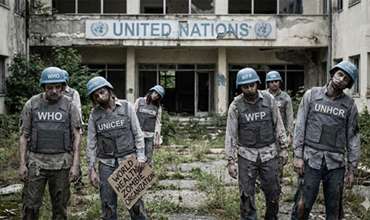


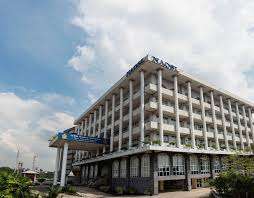


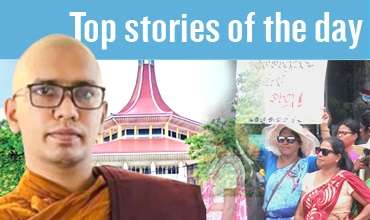

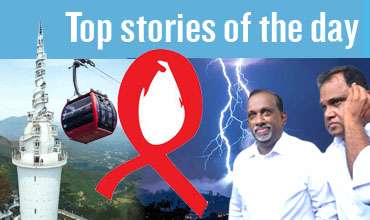


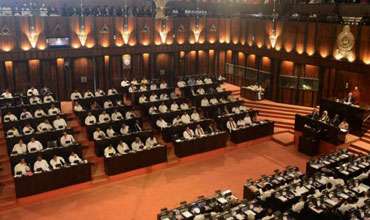
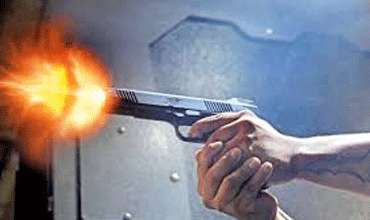
Leave Comments